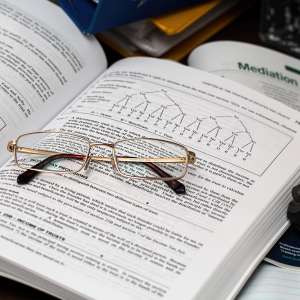
When whizzing across town in a car or jetting across the continent in an airplane, the miles racing by, it is easy to appreciate how these two inventions have changed our lives. So, too, did the telephone and the computer, steel and reinforced concrete, the polio vaccine and DNA sequencers. It is more difficult to measure the impact of the nonmaterial, intellectual contributions of science over the past several centuries: the insights of Copernicus that shifted the earth from the centre of the universe to a mere planet orbiting the sun, Darwin's theory of natural selection and the subatomic world described by quantum mechanics. Nevertheless, they all greatly influence our view of the world and have left lasting impressions on society.
One little-heralded revolution in science and mathematics that began in the seventeenth century, however, has changed the dynamics of our daily lives even more profoundly. When Blaise Pascal (Fig 1), an eccentric French monk, fiddled around with some simple but startling observations that would eventually mature into probability theory, he was letting the proverbial genie out of the bottle. Probability theory and the discoveries following it changed the way we regard uncertainty, risk, decision-making, and an individual's and society's ability to influence the course of future events. Although this revolution has contributed to most of the marvels of the modern age, it has also introduced a host of new challenges and incumbent dangers as well as creating confusion, alienation and suspicion of modern science among much of the public.









































